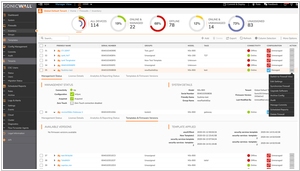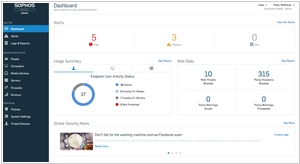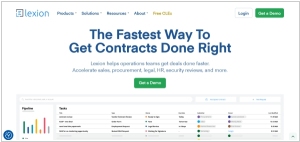SonicWall vs Sophos
August 06, 2023 | Author: Michael Stromann
SonicWall and Sophos are two well-established cybersecurity vendors, each offering a range of solutions tailored to meet different security needs. SonicWall is known for its comprehensive network security offerings, including firewalls, VPNs, intrusion prevention, content filtering, and anti-malware features. The strength of SonicWall lies in its deep packet inspection capabilities, which allow it to inspect and block threats at the application layer. It also offers options for on-premises hardware appliances or virtual firewalls, making it adaptable to various network architectures. SonicWall is favored by organizations seeking robust network protection with a user-friendly management interface.
Sophos, on the other hand, provides a wide array of security solutions encompassing endpoint protection, firewalls, email security, encryption, and web filtering. One of the key features of Sophos is its synchronized security approach, where different security products share real-time threat intelligence, creating a more cohesive and responsive defense system. Sophos is especially popular among small to mid-sized businesses due to its user-friendly interfaces, cloud-managed options, and cost-effective packages. The integration of various security components under a single management console streamlines operations and simplifies security management for organizations with limited IT resources.
Another notable difference is the deployment model and architecture. SonicWall primarily relies on on-premises hardware appliances for its advanced network security features, while Sophos offers both hardware appliances and cloud-based solutions. This flexibility makes Sophos a suitable choice for organizations that prefer cloud-managed security or have a mix of on-premises and cloud-based infrastructure. Additionally, Sophos provides strong emphasis on user and endpoint protection, making it particularly attractive for organizations prioritizing endpoint security in today's remote work landscape.
See also: Top 10 Cloud Security Software
Sophos, on the other hand, provides a wide array of security solutions encompassing endpoint protection, firewalls, email security, encryption, and web filtering. One of the key features of Sophos is its synchronized security approach, where different security products share real-time threat intelligence, creating a more cohesive and responsive defense system. Sophos is especially popular among small to mid-sized businesses due to its user-friendly interfaces, cloud-managed options, and cost-effective packages. The integration of various security components under a single management console streamlines operations and simplifies security management for organizations with limited IT resources.
Another notable difference is the deployment model and architecture. SonicWall primarily relies on on-premises hardware appliances for its advanced network security features, while Sophos offers both hardware appliances and cloud-based solutions. This flexibility makes Sophos a suitable choice for organizations that prefer cloud-managed security or have a mix of on-premises and cloud-based infrastructure. Additionally, Sophos provides strong emphasis on user and endpoint protection, making it particularly attractive for organizations prioritizing endpoint security in today's remote work landscape.
See also: Top 10 Cloud Security Software




